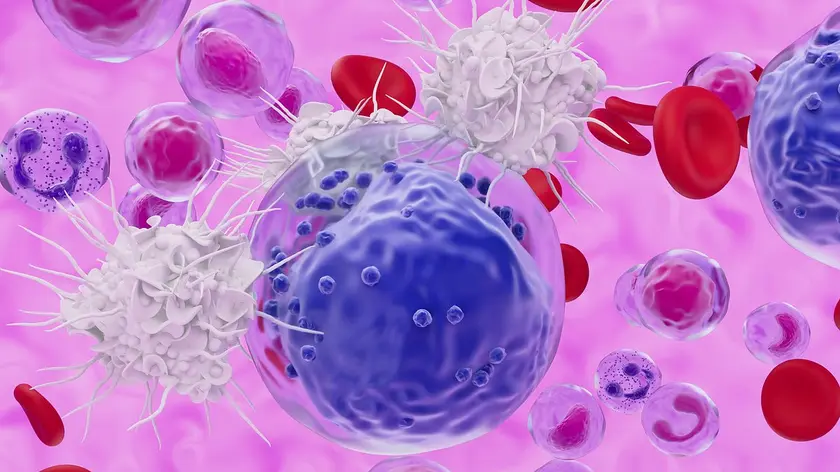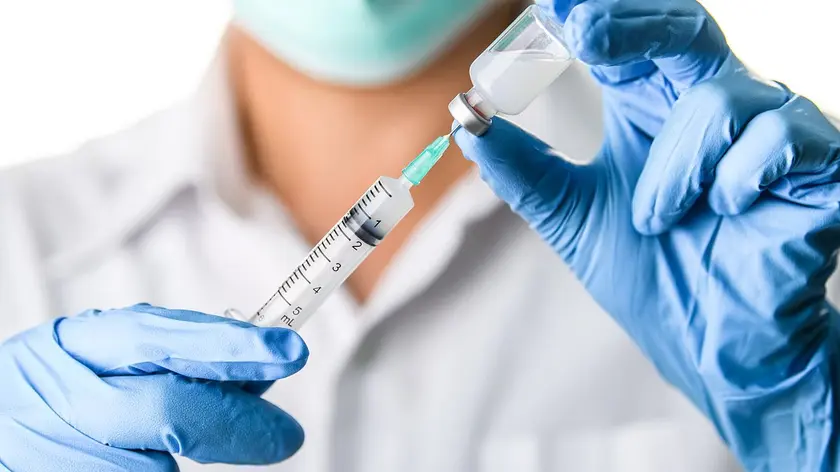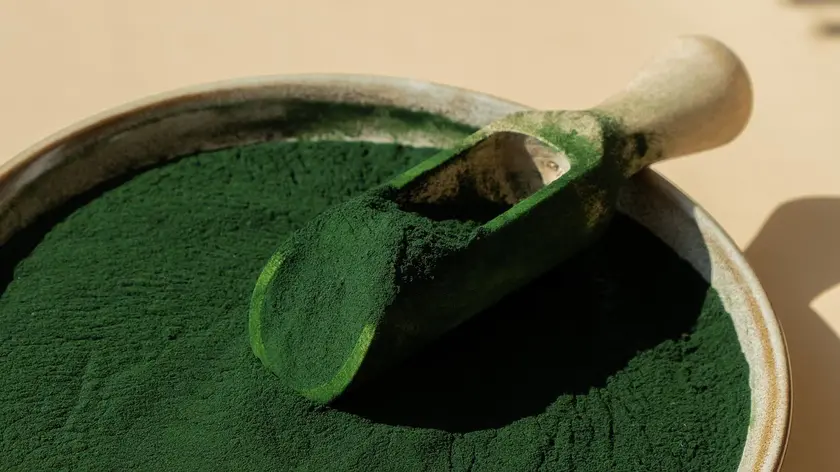T4K3.news
Immune youth comes with autoimmune risk
US researchers identify stem-like memory T cells in older adults that may refresh immune function but raise autoimmune risk.

US researchers identify stem-like memory T cells in older adults that may refresh immune function but raise autoimmune risk.
Immune youth comes with autoimmune risk
Researchers studied more than 100 adults over 60 at the Mayo Clinic to understand why some seniors seem to have a younger immune profile. They found stem-like memory T cells in the diseased tissue of patients treated for giant cell arteritis, and these cells appear to give the immune system a more youthful character for people in their 60s and 70s. The results suggest these cells can boost immune vigor, potentially helping older adults fight infections more effectively.
But the same cells may raise autoimmune risk. The scientists report that immune checkpoints fail to regulate properly in people with these stem-like T cells, which could make the body attack its own tissues. They are now developing diagnostic tests to identify individuals who carry high numbers of these immune stem cells and may be predisposed to autoimmune disease later in life. The study adds to a broader discussion about aging, immunity, and how much risk we are willing to take for possible gains.
Key Takeaways
"We observed that these patients have very young immune systems despite being in their 60s and 70s"
Dr Cornelia Weyand on the immune profile observed in study participants
"The price they pay for immune youthfulness is autoimmune disease"
Dr Jorg Goronzy on the trade off
"There are benefits to having an immune system that ages in tandem with the body"
Dr Jorg Goronzy on balanced aging
"We need to consider the price to pay for immune youthfulness"
Editorial takeaway from researchers about risk
The finding challenges the idea that aging is only a decline. If we can boost immune vigor without triggering self attack, it could change how we protect older adults from infections. Yet the work also cautions that biology does not come free. The same mechanisms that make the immune system look younger may invite autoimmune problems, a reminder that longevity science must balance promise with safety.
This study sits at the crossroads of aging research and clinical practice. It underscores the need for careful patient selection, rigorous safety testing, and clear patient information before any new diagnostics or therapies are used in the real world. As life expectancy rises, the public health question is not just how long people live but how well they live, which means maintaining immune health while guarding against unintended immune reactions. The path from discovery to therapy will require collaboration across labs, clinics, and policy makers.
Highlights
- Immune youth comes with an autoimmune price
- Young immunity can invite autoimmune trouble
- Balancing vigor and tolerance will shape future aging care
- The price of immune youth is a careful, transparent conversation
Potential autoimmune risk linked to immune youth
The finding links immune youthful features to autoimmune disease risk, raising questions about future diagnostics, treatment approaches, and how patients are informed about potential trade-offs.
Science pushes forward, but every gain in aging biology comes with questions that must be answered openly.
Enjoyed this? Let your friends know!
Related News

New studies explore sunlight benefits for health

New diabetes subtype identified in sub-Saharan Africa

CAR NK therapy shows promise for autoimmune diseases

Mood risks tied to corticosteroids

Breakthrough CRISPR diabetes therapy shows early success

New study reveals algae supplement can reduce high blood pressure

Longevity expert shares 10 health supplements

Neurologist shares severe risks of cat scratches
